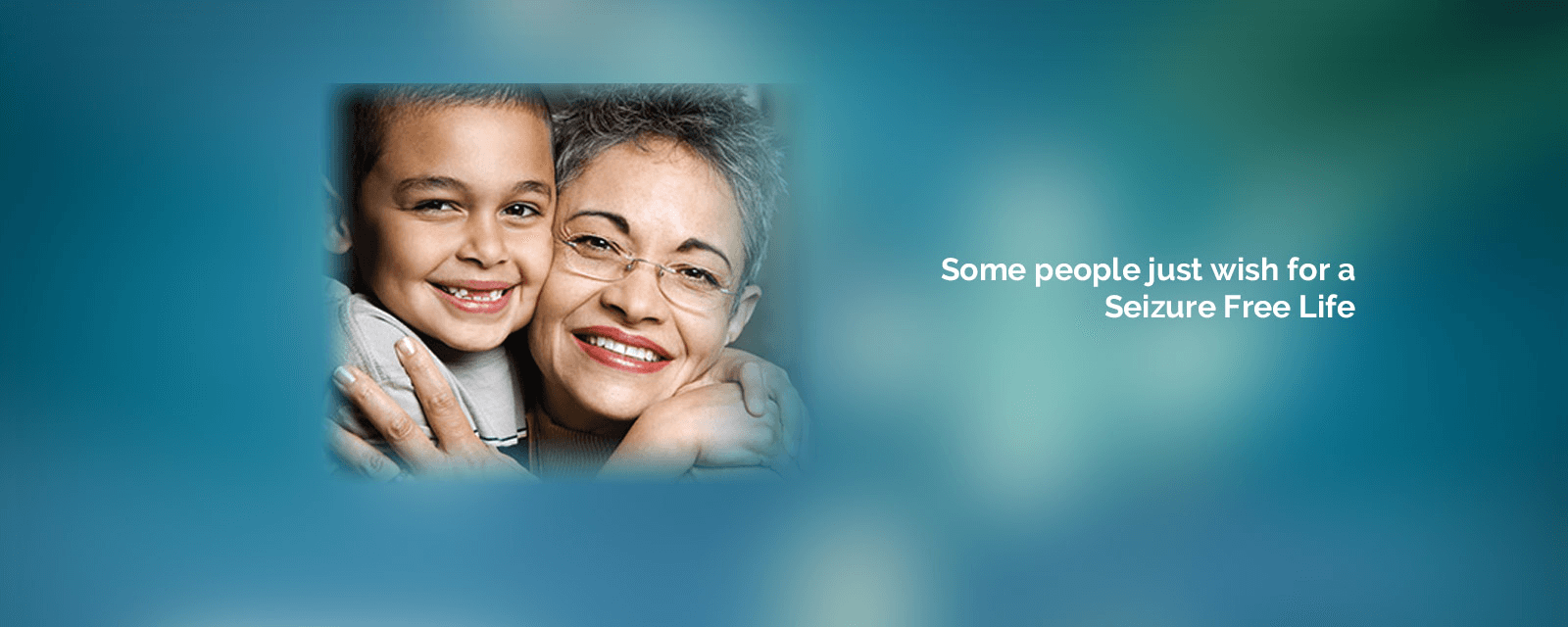Epilepsy is a chronic neurological disorder characterized by recurrent seizures. A seizure occurs due to a transient abnormal electrical activity in the brain leading to convulsions or loss of consciousness, lack of awareness, abnormal sensation or behavior etc. Seizures usually last for a few seconds, or a minute or two. Patient may have headcahe or vomiting followed by sleep.
Majority of people have only one type of seizure, however few have more than one type of seizure.
The common types of Seizures are:
- Generalized Tonic-Clonic Seizure– where the person has loss of consciousness, up rolling of eyes with generalized stiffening of the body followed by clonic movements of the limbs, frothing from the mouth, tongue bite, laboured respiration lasting few seconds to minutes followed by deep sleep like state occasionally there maybe passage of stool or urine.
- Partial onset seizures– where abnormal sensation or movement starts from one part of the body tending to spread to other side with preservation of consciousness initially
- Myoclonic Jerks– Patient may have sudden jerking of one of the limbs, only upper limbs or even the whole body. Commonly such jerks may occur on awakening from sleep
- Absence Seizures– Usually occurs in children. The child is unresponsive for a few seconds only, just staring. There maybe repetitive fluttering of the eyes occasionally. Later the child resumes his/her activity as if nothing has happened.
At times the patient may have a number of seizures without regaining consciousness then in that case it is a medical emergency, for if the seizures are not controlled then it can lead to brain damage and other complications
There are around 10-12 million Indians with epilepsy and around two third do not receive proper treatment. Epilepsy can begin at any age but occurs more often in children and the elderly. The common causes are brain infections, neurocysticercosis, head injuries, stroke, dementia, tumor, hereditary, etc. But in more than 50% of cases of epilepsy, the cause cannot be identified.



 Call us at
Call us at